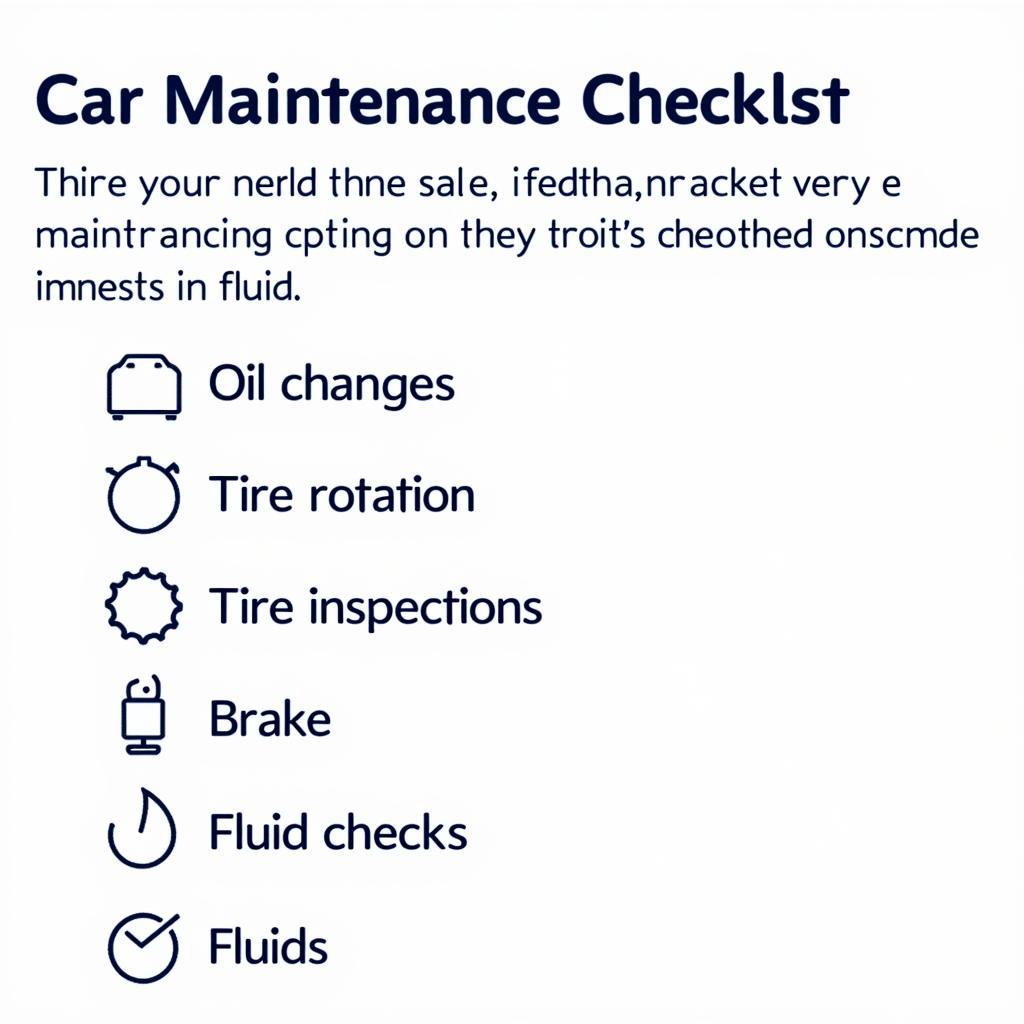Catalytic converter problems can be a real headache, especially when your car won’t start. This article will delve into the common catalytic converter issues that can prevent your car from starting, how to diagnose them, and potential solutions. We’ll cover everything from symptoms and causes to testing and replacement options, offering valuable insights for car owners, mechanics, and automotive technicians alike.
A failing catalytic converter can manifest in several ways, impacting your car’s performance and even preventing it from starting. Understanding the connection between a faulty catalytic converter and starting problems is crucial for effective troubleshooting. Let’s explore the common signs and causes of catalytic converter problems. problems that can arise from defective car sensor A blocked converter can restrict exhaust flow, leading to a build-up of back pressure that can affect the engine’s ability to start.
How Can a Catalytic Converter Prevent My Car from Starting?
A severely clogged catalytic converter can create enough back pressure to effectively choke the engine, making it difficult or impossible to start. This back pressure interferes with the engine’s normal combustion cycle, preventing it from running efficiently. Think of it like trying to breathe through a straw – the restricted airflow makes it much harder to get enough oxygen.
Symptoms of a Clogged Catalytic Converter
- Difficulty Starting: The engine cranks but struggles to turn over, or won’t start at all.
- Reduced Engine Power: The car feels sluggish and lacks acceleration.
- Rotten Egg Smell: A strong sulfurous odor from the exhaust is a telltale sign of a failing catalytic converter.
- Rattling Noise from Under the Car: This can indicate internal damage to the converter.
- Check Engine Light: The check engine light may illuminate, often accompanied by specific diagnostic trouble codes related to the catalytic converter.
Diagnosing Catalytic Converter Problems
Proper diagnosis is key to addressing catalytic converter issues effectively. Here are some diagnostic steps:
- Check the Check Engine Light: Use an OBD-II scanner to retrieve diagnostic trouble codes. Codes related to the catalytic converter, such as P0420 (Catalyst System Efficiency Below Threshold), can indicate a problem.
- Visual Inspection: Look for signs of physical damage, such as cracks or melts, on the converter’s exterior.
- Exhaust Back Pressure Test: This test measures the pressure in the exhaust system to determine if the catalytic converter is clogged.
- Temperature Gun: A significant temperature difference between the inlet and outlet of the converter can suggest a blockage.
“A thorough diagnosis is crucial,” says automotive expert John Miller, ASE Certified Master Technician. “Don’t just assume it’s the catalytic converter. Rule out other potential issues before replacing it.”
What Causes Catalytic Converter Problems?
Several factors can contribute to catalytic converter issues. These include:
- Engine Misfires: Unburnt fuel entering the converter can overheat and damage it. car problems ignition interlock
- Faulty Oxygen Sensors: Incorrect readings from oxygen sensors can disrupt the fuel-air mixture, leading to converter damage.
- Leaded Fuel: Using leaded fuel in a car designed for unleaded fuel can poison the catalytic converter.
- Oil Contamination: Oil leaking into the exhaust system can coat the converter and reduce its efficiency.
Solutions for Catalytic Converter Problems
Depending on the severity of the problem, solutions can range from simple repairs to complete replacement.
- Addressing Underlying Issues: Fixing engine misfires, faulty oxygen sensors, or oil leaks can prevent further damage.
- Catalytic Converter Cleaner: Some cleaners claim to dissolve minor blockages, but their effectiveness is debatable.
- Catalytic Converter Replacement: A severely damaged or clogged converter will likely require replacement.
“Replacing a catalytic converter can be expensive,” advises Maria Sanchez, Lead Mechanic at Auto Experts. “So, proper maintenance and addressing underlying issues promptly can help extend its lifespan.”
car problem question and answer Remember, a healthy engine contributes to a healthy catalytic converter.
Conclusion
Catalytic converter problems can indeed prevent your car from starting. Identifying the symptoms early and performing a proper diagnosis is crucial. By addressing the root cause and taking appropriate action, you can restore your car’s performance and avoid costly repairs. If you are experiencing catalytic converter problems car won’t start, reach out to the experts at AutoTipPro. We are here to help. Call us at +1 (641) 206-8880 or visit our office at 500 N St Mary’s St, San Antonio, TX 78205, United States.





Leave a Reply